|
Science can be studied in many different ways and many different environments. Here are some science ideas to try at school and at home. I live on an island off the west coast of Canada in the Pacific Northwest. Here we have many opportunities for our students to learn about life science outdoors. Science Ideas for OutdoorsWe take nature walks in the forest with Indigenous instructors who teach us about how the indigenous people used the plants and trees for food, clothing, medicine, and even dugout canoes. We learn about the different habitats for the local animals, how the beavers create dams, how the salmon travel to the sea and return again for spawning, just to name a few things. We visit the ocean and study the sea life there. We look at the changing landscape caused by the tides and the erosion of the waves. We visit farms and orchards and learn about the life cycles of different plants and animals. I realize that not everyone lives in a similar environment, but each place has it own special spots for studying science. Maybe it is an aquarium or zoo. Maybe a river or stream or even a hiking trail. If there are not opportunities to actually go places, taking virtual trips might be an option. Science Ideas For In The Home Sometimes science can be studied in the home. Cooking is a great way to learn about chemical reactions. Children get to see how ingredients change when combined and they are amazed to see how something changes it form when heat or cold is added to the mix. Just think about the cake batter that changes from liquid to solid when baked, or the liquid that becomes a popsicle when frozen. There are many other types of chemical reactions that can be investigated in the kitchen. People often hear the expression "They are like oil and vinegar." This could lead to an experiment with oil and vinegar so they can see firsthand what happens when they separate or mix. Children get excited when they see the chemical reaction of Coke and Mentos or they get to make elephant toothpaste or a volcano. These types of experiments can be fun to do and they are examples of what happens when certain chemicals are combined. More Science Ideas Visiting different places and asking questions of the people working there can also be a great way to learn more about how things work. A mechanic could explain how an engine works, an electrician could explain how electrical currents work, a compounding pharmacist could explain how certain chemicals are combined to make medicines, for example. A graduate student or professor in science could maybe share the importance of research and testing. This could be a look at the scientific method in action. (Click the image if you would like to check out my scientific method product.) Sometimes it isn't possible to get out of the classroom, but there are still many ways to learn and share information on a subject. One of my favourite projects for science is the study of the solar system. There is so much to learn about the universe we live in and it is a fascinating subject for children. I created the resource Our Solar System to help my students share what they knew in a variety of ways. Young children often find it difficult to write reports or essays that effectively share what they know and understand. The activities in this project allow them to choose what they feel is the best way to share their knowledge. (Click the image if you would like to check out my solar system product.) Over the years I have seen incredible projects from students in grade 2 and 3. Granted, there is some help and participation from the family, but ultimately, the child has ownership of the project. We always have a big celebration and presentation at the end and it is so rewarding to see the children interacting with confidence and pride as they share their projects and knowledge with visiting classes and parents. The bottom line is children love to learn when given the right situations. I believe in hands on learning and over the years I have seen its impact on students. Teachers are creative and connect with their students in different ways. If this type of learning appeals to you, the sky's the limit. Choose something that you can be passionate about and create the project to go along with it. If you are looking for ideas of how to best present things, check out my criteria checklists for various projects. Most of the ideas are suited for social studies, but they can be modified for science. (There is a separate criteria checklist included in Our Solar System if you want to try that project.) Related Posts
0 Comments
Leave a Reply. |
About Me Charlene Sequeira
I am a wife, mother of 4, grandmother of 9, and a retired primary and music teacher. I love working with kids and continue to volunteer at school and teach ukulele. Categories
All
|
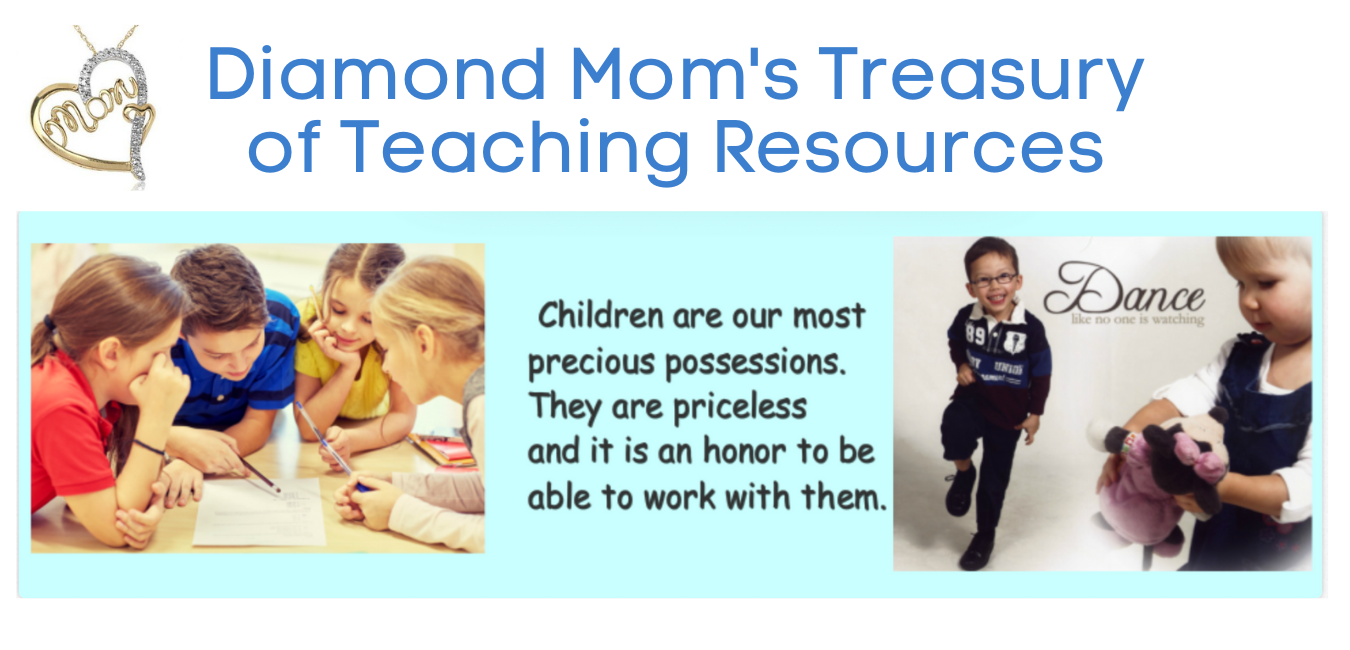
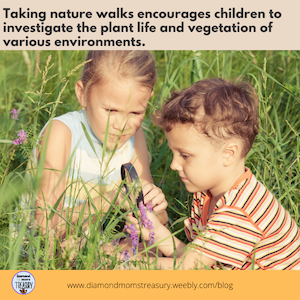
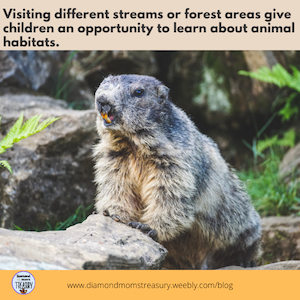
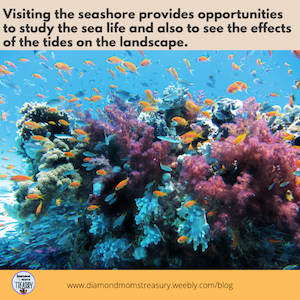
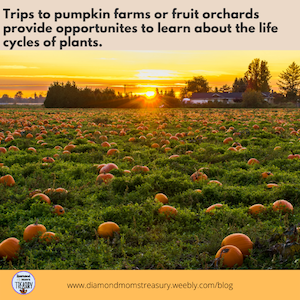
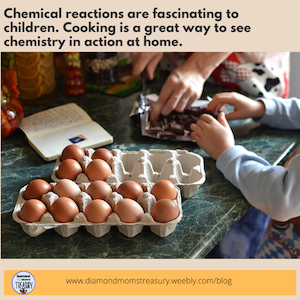
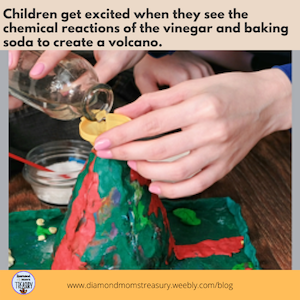
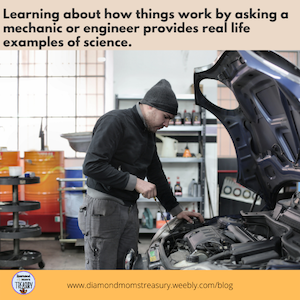
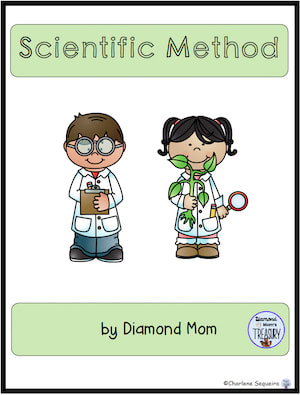
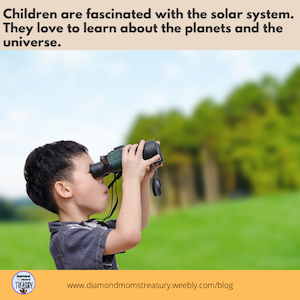
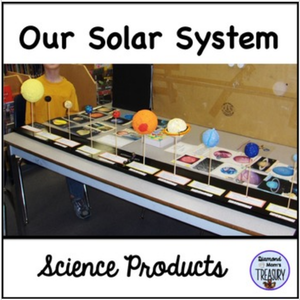
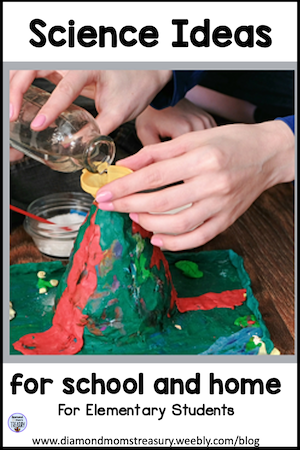
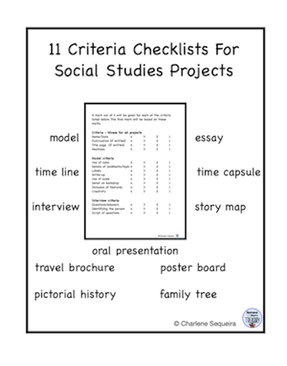

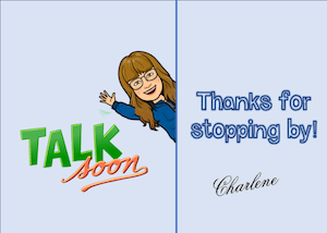
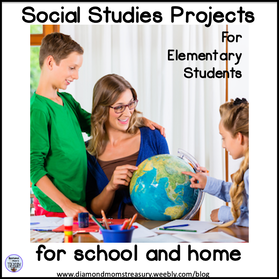
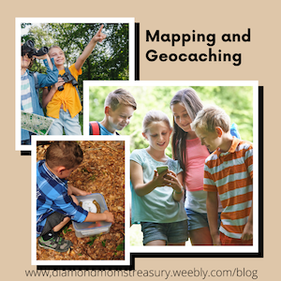
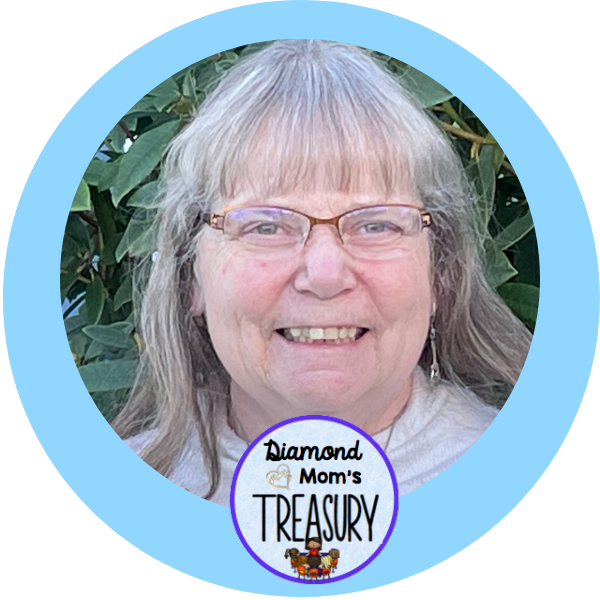


 RSS Feed
RSS Feed